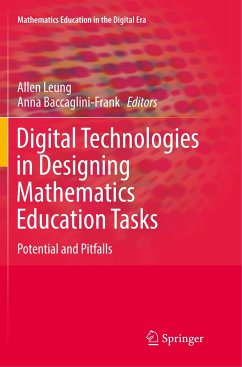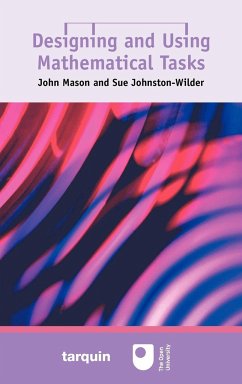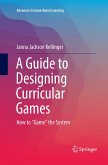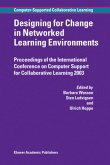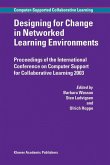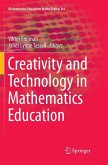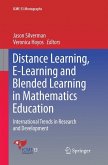This book is about the role and potential of using digital technology in designing teaching and learning tasks in the mathematics classroom. Digital technology has opened up different new educational spaces for the mathematics classroom in the past few decades and, as technology is constantly evolving, novel ideas and approaches are brewing to enrich these spaces with diverse didactical flavors. A key issue is always how technology can, or cannot, play epistemic and pedagogic roles in the mathematics classroom. The main purpose of this book is to explore mathematics task design when digital technology is part of the teaching and learning environment. What features of the technology used can be capitalized upon to design tasks that transform learners' experiential knowledge, gained from using the technology, into conceptual mathematical knowledge? When do digital environments actually bring an essential (educationally, speaking) new dimension to classroom activities? What are some pragmatic and semiotic values of the technology used? These are some of the concerns addressed in the book by expert scholars in this area of research in mathematics education. This volume is the first devoted entirely to issues on designing mathematical tasks in digital teaching and learning environments, outlining different current research scenarios.
"Leung and Baccaglini-Frank's Digital technologies in designing mathematics education tasks: Potential and pitfalls offers much to readers interested in the potential of technology to transform mathematics teaching and learning. I applaud the editors and contributors for creating a volume that highlights both the potential and need for caution when designin and presenting students with digital tasks." (Kathryn M. Rich, Educational Studies in Mathematics, Vol. 103, 2020)
"This is a book on the benefits and drawbacks on using digital technology in designing lessons and activities in the math classroom. ... the book offers its reader a very diverse and up-to-date study of these technologies. I highly recommend this book for those instructors who want some fresh ideasor are in search for valuable digital tool-based task design approaches for students to engage in meaningful mathematical experiences." (Peter T. Olszewski, MAA Reviews, maa.org, May, 2017)
"This is a book on the benefits and drawbacks on using digital technology in designing lessons and activities in the math classroom. ... the book offers its reader a very diverse and up-to-date study of these technologies. I highly recommend this book for those instructors who want some fresh ideasor are in search for valuable digital tool-based task design approaches for students to engage in meaningful mathematical experiences." (Peter T. Olszewski, MAA Reviews, maa.org, May, 2017)

